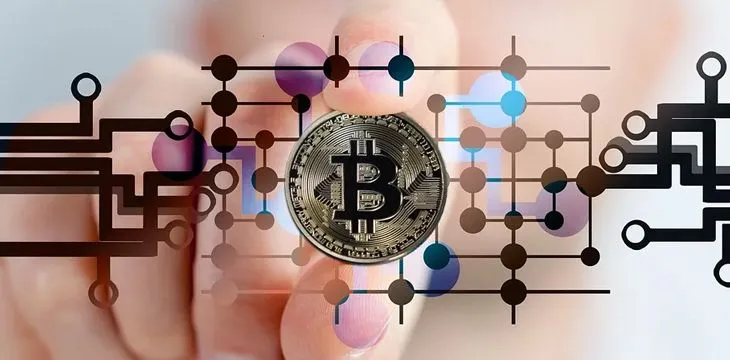|
Getting your Trinity Audio player ready...
|
TLDR: It doesn’t matter because tokenization on BSV is the future.
Economic reality is starting to catch up to digital asset exchanges that continue to refuse to list Bitcoin SV (BSV). Bitcoin has defied those who colluded to kill it, becoming the fifth highest such asset by market cap in January 2020, third largest by market cap after removing Ripple which isn’t even a public blockchain and Ethereum which was pre-mined and is now moving to Proof of Stake. “List or die,” wrote Bitcoin investor Calvin Ayre, signaling the market would eventually punish those who willfully refuse to acknowledge BSV’s value.
Cryptocurrency exchange customers will increasingly demand to know why they can’t either trade BSV or claim BSV ownership from their pre-fork BTC or BCH balances. Should exchanges continue to refuse, they may face a reputational or legal backlash.
Not only is BSV the globally dominant platform in the world for all types of utility, its also the market leader for capital gains so far this year and predicted to also be for the rest of the year and its 3rd in the world for market cap for real public blockchains. List or die.
— Calvin Ayre (@CalvinAyre) February 8, 2020
But it’s about far more than listing a single asset. With the activation of Bitcoin v1.0.0, or “Genesis” at the start of February 2020, Bitcoin gained full power for use as a platform for tokenization. Should projects begin to build legal and tradeable digital tokens on a platform that actually scales, Bitcoin will present serious competition to today’s popular platforms like Ethereum and EOS.
If (or more like when) that starts to happen, continued refusal to list BSV will disappoint far more customers than just BSV traders. Will today’s exchanges change their course, or will they be replaced by a new, more legally compliant, breed?
A few days ago, we looked at the decisions of exchanges like Binance, Kraken and ShapeShift to “delist BSV” in 2019. There were also others that never listed BSV at all, but were happy to snatch the coins themselves after the blockchain forks while denying their customers any access to them.
When these exchanges delisted Bitcoin BSV nearly a year ago, they expected the sharp drop in active price speculators would crash the price and eventually kill the coin. While there was an initial price drop, the longer-term strategy didn’t work: not only is the BSV price now higher than it was in April 2019, it’s the #5 digital asset by market cap on popular trading data sites. At one point, its market cap surpassed BCH.
The exchanges that scorned BSV have put themselves in a difficult position. Should BSV achieve its stated goals, traders will want to know why it isn’t listed on the exchanges they use. The exchanges will need to address their concerns somehow, or risk losing valuable customers to other platforms. A thriving market for tokens based on BSV smart contracts will only exacerbate their woes, by creating an economy that potentially far exceeds Bitcoin’s market cap.
What token trading really should be
BSV proposes a different kind of token model. Unlike the shady “ICO” model of the past few years, tokens would represent actual legal assets, including company shares, national currencies, or ownership of any other valuable asset. Their value won’t be speculative, but based on the real market value of the underlying assets they represent.
That’s how Bitcoin BSV sees token trading in the future. Exchanges wishing to trade these digital assets will need to act responsibly and ethically, as will the token-based projects they list. There will be increased scrutiny from authorities like the SEC and CFTC—good news and potentially large profits for exchanges that follow the law, but bad news for those who wish to continue acting as “bucket shops” or unregulated casinos. Regulators are unlikely to look favorably at exchanges who colluded to destroy the market value of their users’ assets.
Whether the exchanges mentioned above delisted BSV based on ideology or for business/financial reasons, as of 2020 their decisions have backfired. It’s not too late for them to change their ways, even if they have to eat some humble pie in the process.

 08-06-2025
08-06-2025 





